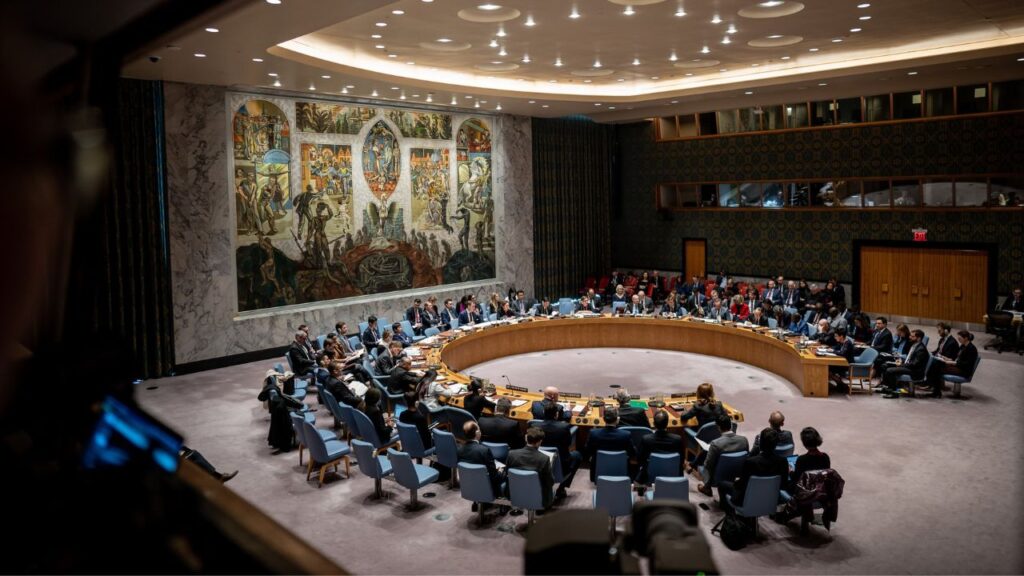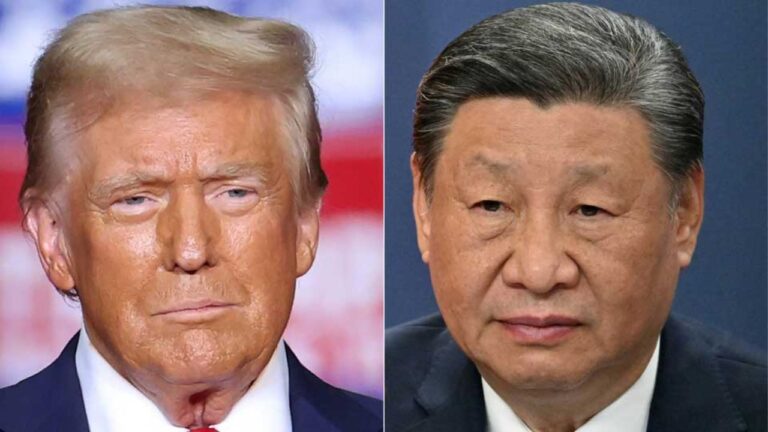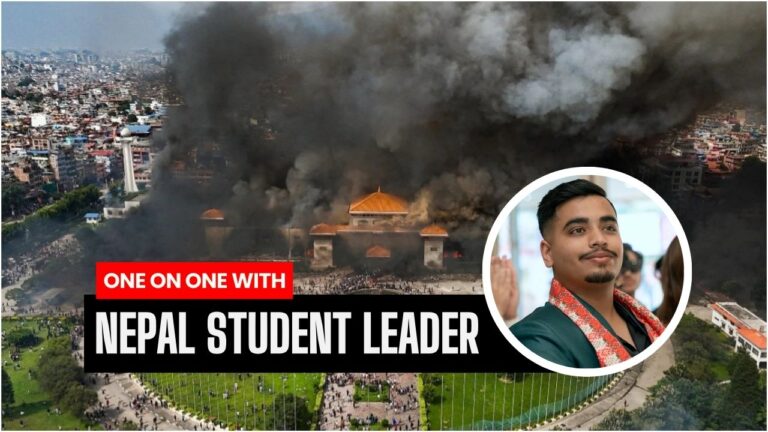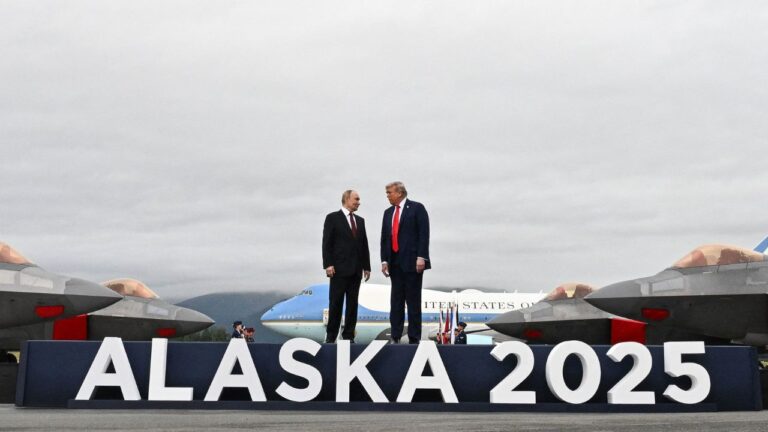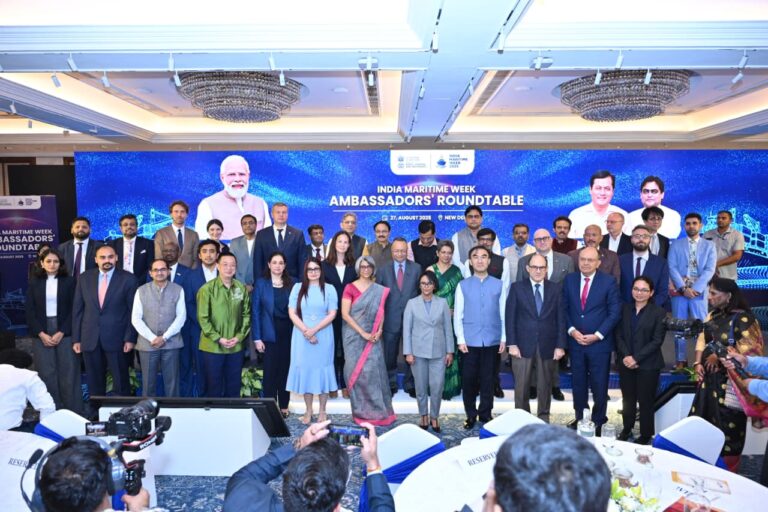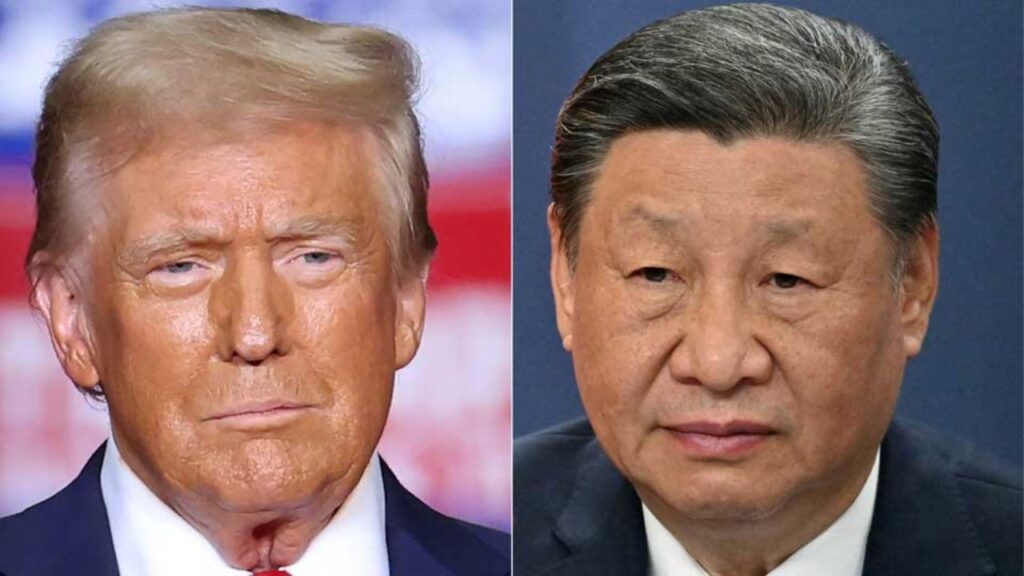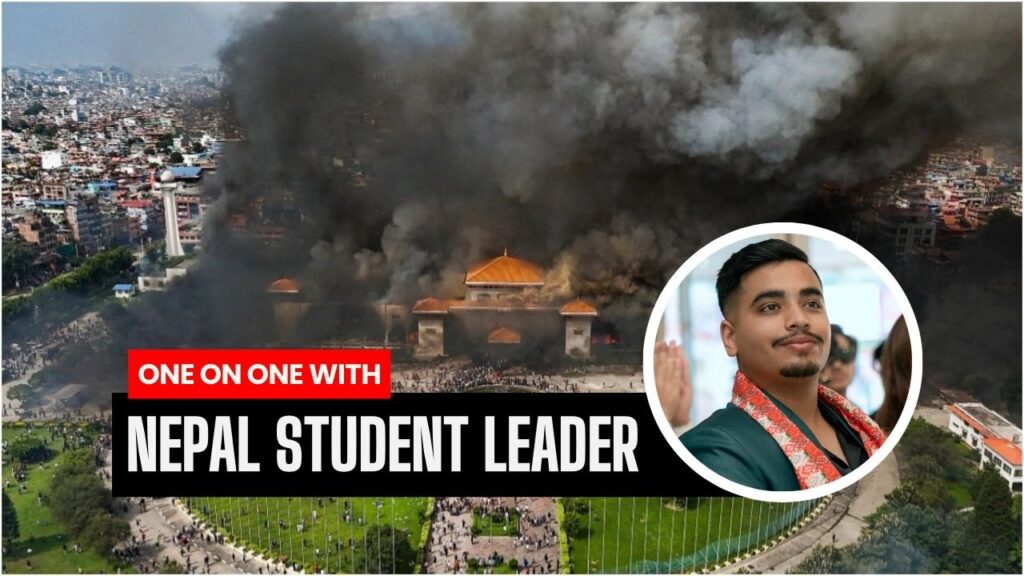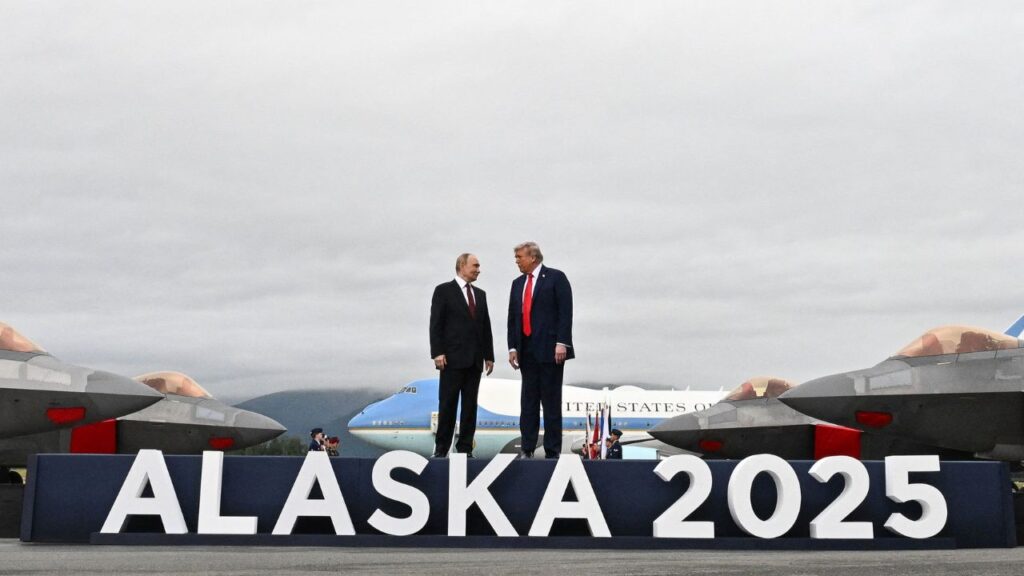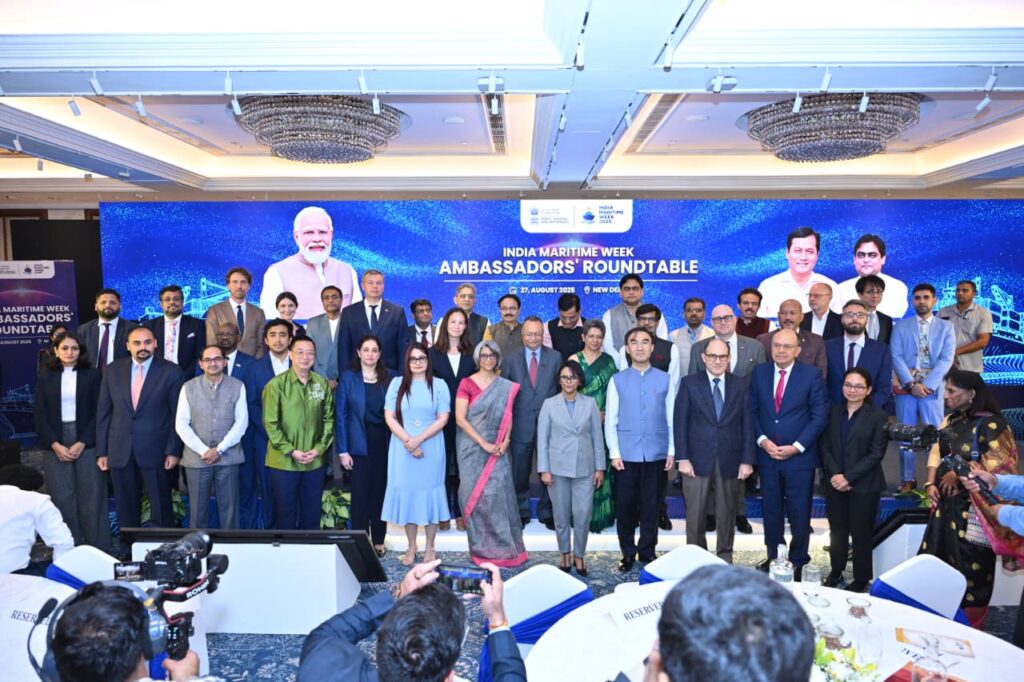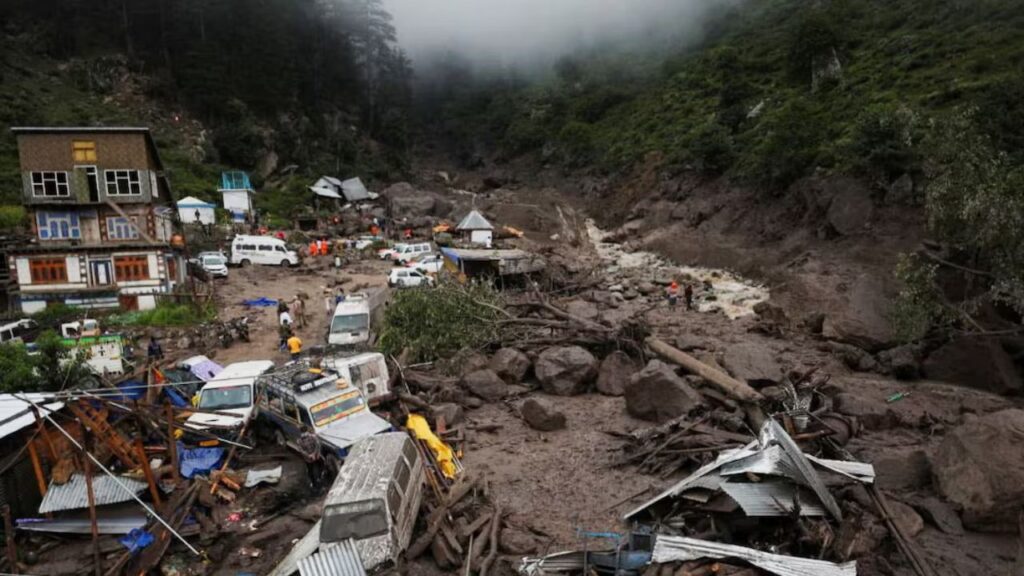The United Nations Security Council (UNSC) on May 5 held a closed-door consultation at the request of Pakistan to discuss recent tensions with India following the deadly April 22 terror attack in Pahalgam, Jammu and Kashmir. While Islamabad hoped to internationalize the situation, the session instead saw a sharp rebuke of Pakistan over its alleged links to cross-border terrorism, with several member states raising serious concerns about the involvement of the banned terror outfit Lashkar-e-Taiba (LeT) in the massacre.
According to diplomatic sources quoted by news agency ANI, members of the Security Council questioned Pakistan over the reported role of LeT in the Pahalgam assault, in which 25 Indian tourists and a local Kashmiri pony handler were brutally killed by terrorists. The attack, which took place in the popular tourist spot of Baisaran near Pahalgam, has been widely condemned in India and globally. Security agencies suspect that the terrorists specifically targeted the victims based on their religious identity.
Initial claims of responsibility by The Resistance Front (TRF), a shadow group believed to be backed by LeT, were later withdrawn, raising suspicions of an organized cover-up. Indian authorities maintain that the assault bore all the hallmarks of a LeT-planned strike and have cited forensic and intelligence evidence linking the attackers to Pakistan.
Pakistan, currently serving as one of the 10 non-permanent members of the UNSC, had called for the meeting under the Greek presidency, seeking to draw international attention to what it called India’s “aggressive posture” in Kashmir. However, instead of endorsing Islamabad’s claims, most member states used the opportunity to strongly condemn the Pahalgam attack and called for accountability.
Notably, the Council members dismissed what was described as Pakistan’s “false flag narrative,” with several nations reportedly urging Islamabad to dismantle terror networks operating from its soil and to refrain from using terrorism as a tool of foreign policy.
Pakistan’s recent missile tests and its provocative nuclear rhetoric were also highlighted as destabilizing actions that could trigger broader regional consequences. “Such actions are escalatory and risk undermining regional peace and security,” one Western diplomat was quoted as saying.
Ahead of the UNSC meeting, UN Secretary-General António Guterres had issued a strong statement urging both India and Pakistan to step back from the brink. “A military solution is not a solution,” he warned. “It pains me to see relations reaching a boiling point. Targeting civilians is unacceptable and those responsible must be brought to justice through credible and lawful means.”
His remarks were echoed during the Council discussions, where calls for restraint, de-escalation, and dialogue dominated the hour-long session. Khaled Mohamed Khiari, UN Assistant Secretary-General for the Middle East, Asia and the Pacific, later said the Council had “urged both sides to resolve their issues peacefully and in accordance with international law.”
Following the meeting, Pakistan’s Permanent Representative to the UN, Asim Iftikhar, rejected all allegations of involvement in the Pahalgam attack. He also criticized India’s suspension of the Indus Waters Treaty, calling it a “clear violation of international obligations.” Pakistan has accused India of using water as a weapon and warned of “serious repercussions” if New Delhi continues its current stance.
India, on its part, has maintained that the treaty suspension was a direct response to the cross-border terrorism that claimed innocent lives. In addition to halting the 1960 Indus agreement, India has expelled Pakistani diplomats, cancelled all Pakistani visas, and enhanced border surveillance.
Russian diplomats described the meeting as “productive” but noted that “we hope for de-escalation.” The Security Council’s rotating President for May, Greek envoy Evangelos Sekeris, said the meeting was “helpful in allowing all sides to express their positions and concerns.”
The broader international community has expressed concern that the situation could spiral into a major conflict. Iran’s foreign minister made a surprise visit to both New Delhi and Islamabad last week in an attempt to mediate. The United States and France have also privately urged both nations to avoid any further military escalation.
The April 22 Pahalgam attack has become one of the gravest security challenges in India in recent years, reviving global fears about the fragile peace in South Asia and the risks posed by state-sponsored terrorism in a nuclear-armed region.
While no official resolution has yet been issued by the UNSC, the dominant message from the global body was clear: there must be accountability for acts of terror, nuclear threats must be toned down, and dialogue not violence should define the future of Indo-Pak relations.

